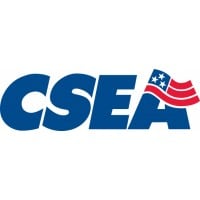
Gemeente Harlingen
Grenzend aan het Werelderfgoed de Waddenzee is Harlingen de enige Friese stad aan zee. Een stoere magneet voor wie houdt van wind en water. Maar nét zo aantrekkelijk voor liefhebbers van een roemrijk verleden. Prachtige pakhuizen, levendige binnenhavens en sfeervolle straatjes, originele galeries én een bruisend winkelaanbod maken Harlingen behalve zilt ook zalig. De gemeente Harlingen telt ongeveer 16.000 inwoners en bestaat naast de stad Harlingen uit de dorpen Wijnaldum en Midlum. Harlingen- Welkom aan Zee!






